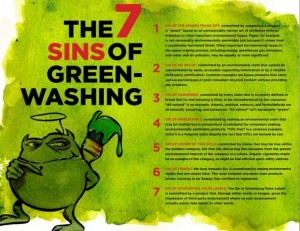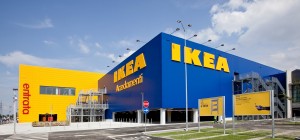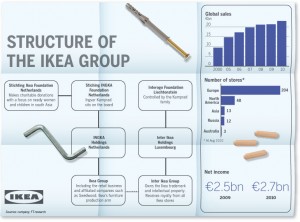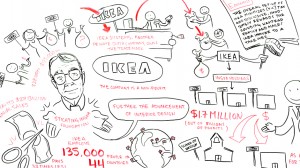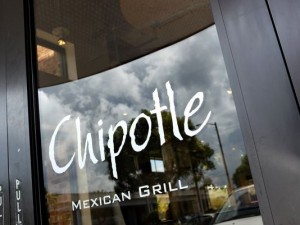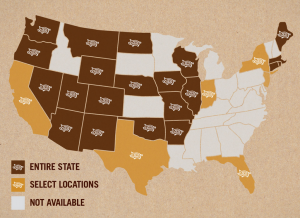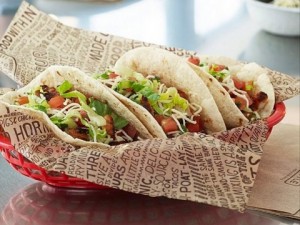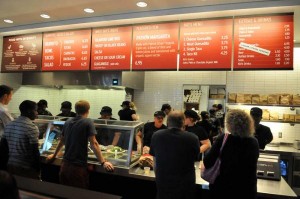Retailers such as Abercrombie & Fitch and Brandy Meville target their marketing to a highly specific segment of customers. Although both brands are extremely successful, they have also received backlash from the perceived discrimination for their refusal to offer larger sizes. As Mike Jeffies, the CEO of Abercrombie, infamously told Salon, “We go after the attractive all-American kid with a great attitude and a lot of friends. A lot of people don’t belong [in our clothes], and they can’t belong. Are we exclusionary? Absolutely.”By limiting their clothes to only a certain portion of the population with their “one size fits most” policies, the brands cultivate the exclusivity and desirability of their clothes.
Jeffries created a quality brand that caters to affluent youth and has a sense of exclusivity. Yet this exclusionary subculture still has a mass appeal, because people want to be a part of it.
He told Salon, “That’s why we hire good-looking people in our stores. Because good-looking people attract other good-looking people, and we want to market to cool, good-looking people. We don’t market to anyone other than that.” 
In my opinion, these companies are simply responding to an increasingly niche capital market. Market fragmentation is the driving force as consumers want an experience tailor-made to their needs. Personally, I have always been smaller than average. My mother and I always had to shop in the children’s section to find clothing that would fit. Stores like Brandy Melville capitalize on this alienated demographic of smaller individuals. As specialization becomes more common; niche markets emerge as companies scramble to cater to specific audiences, and switch from a broad industry wide strategy to focusing on a narrow market segment.
Works Cited:
http://www.salon.com/2006/01/24/jeffries/



